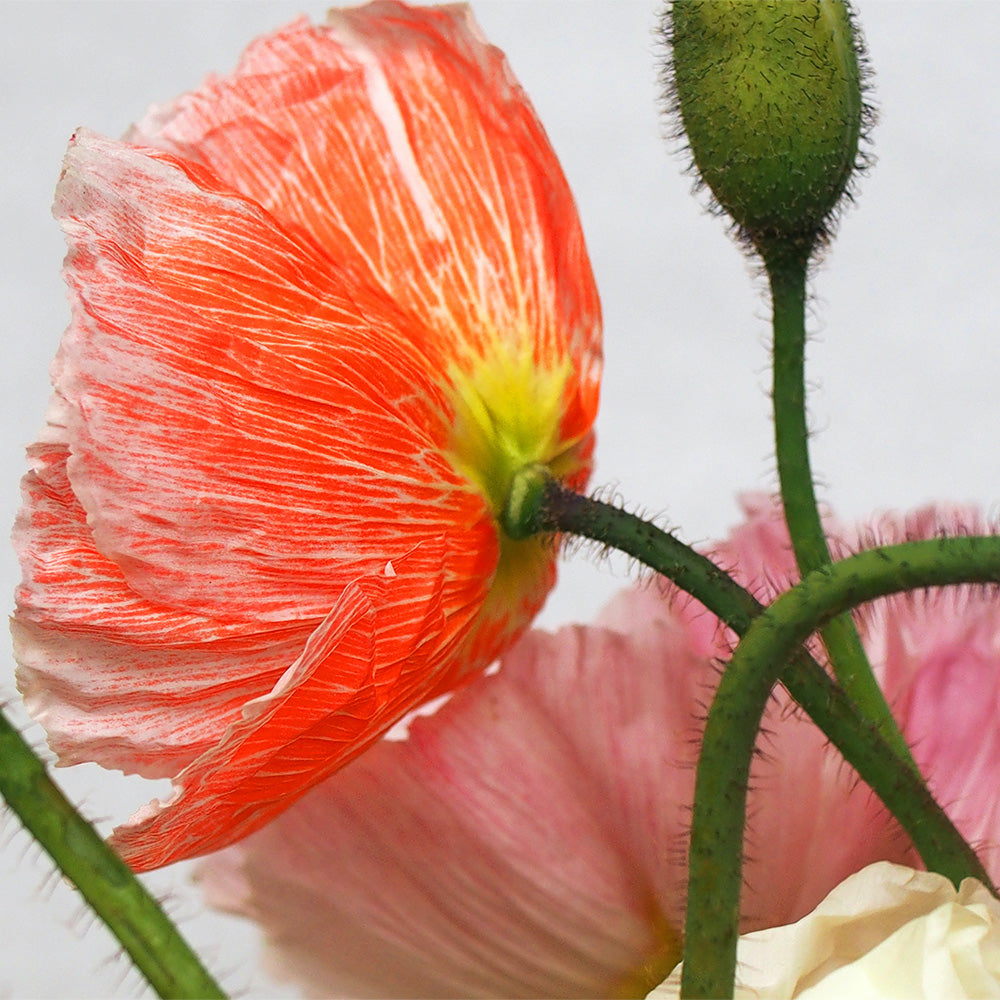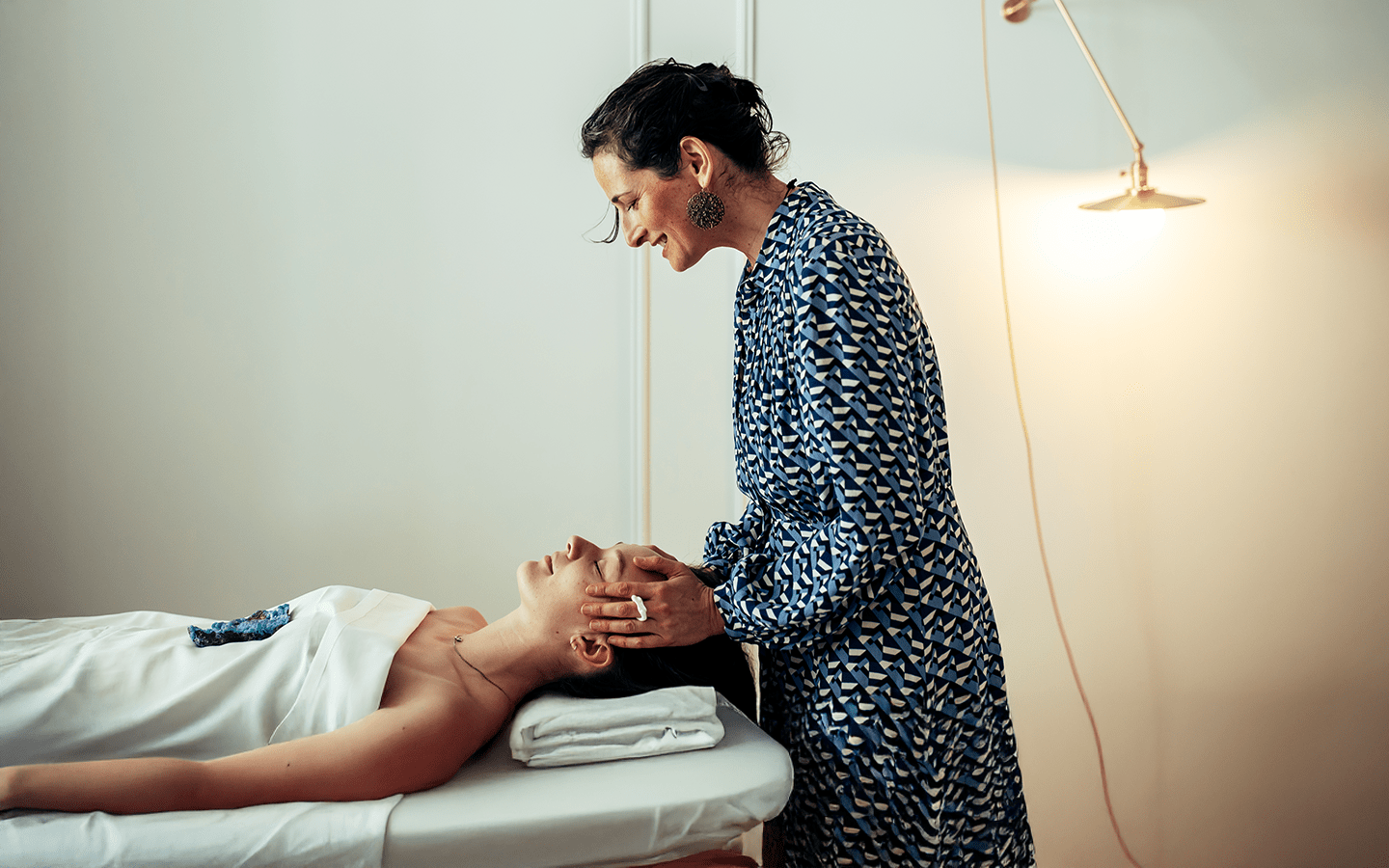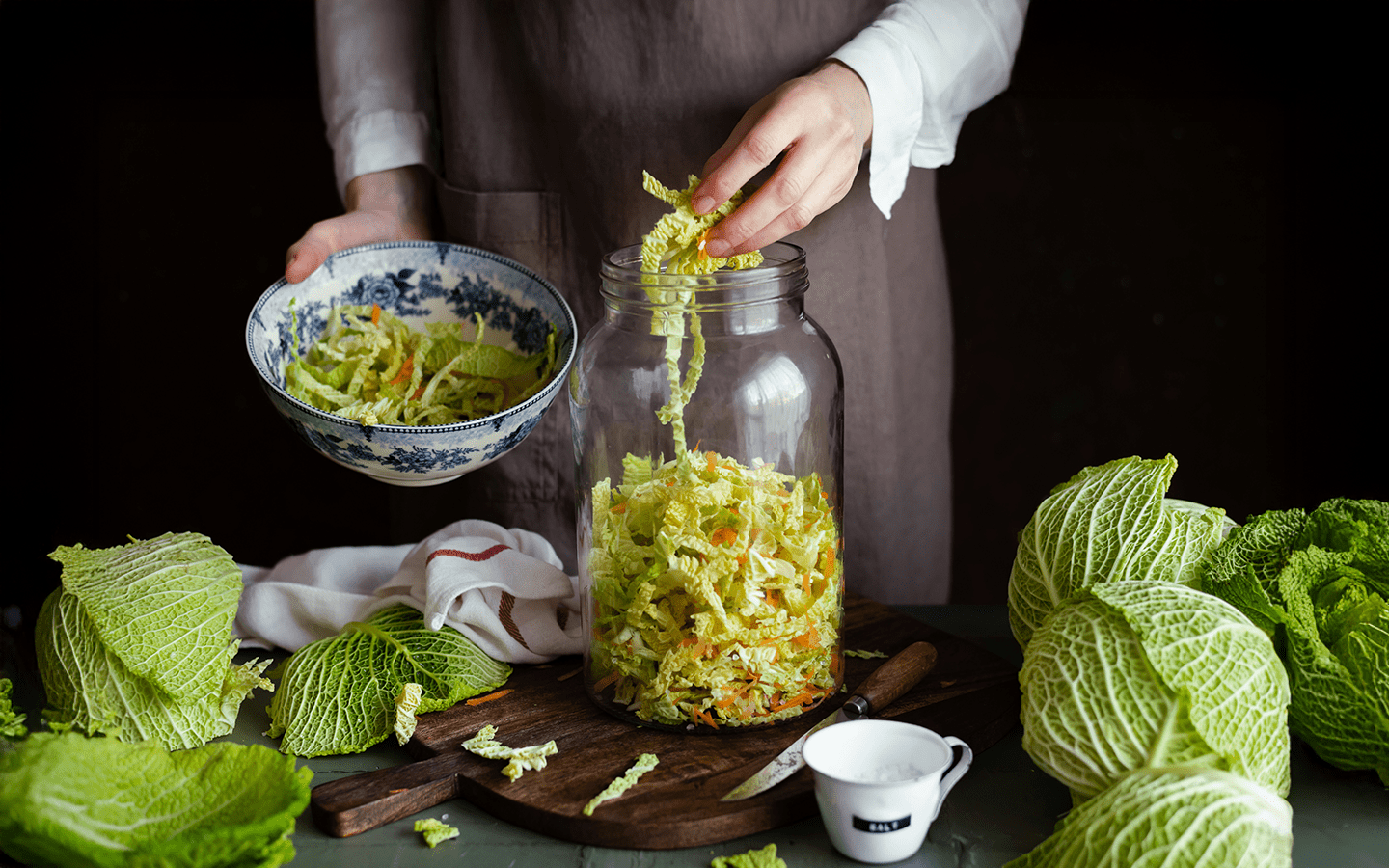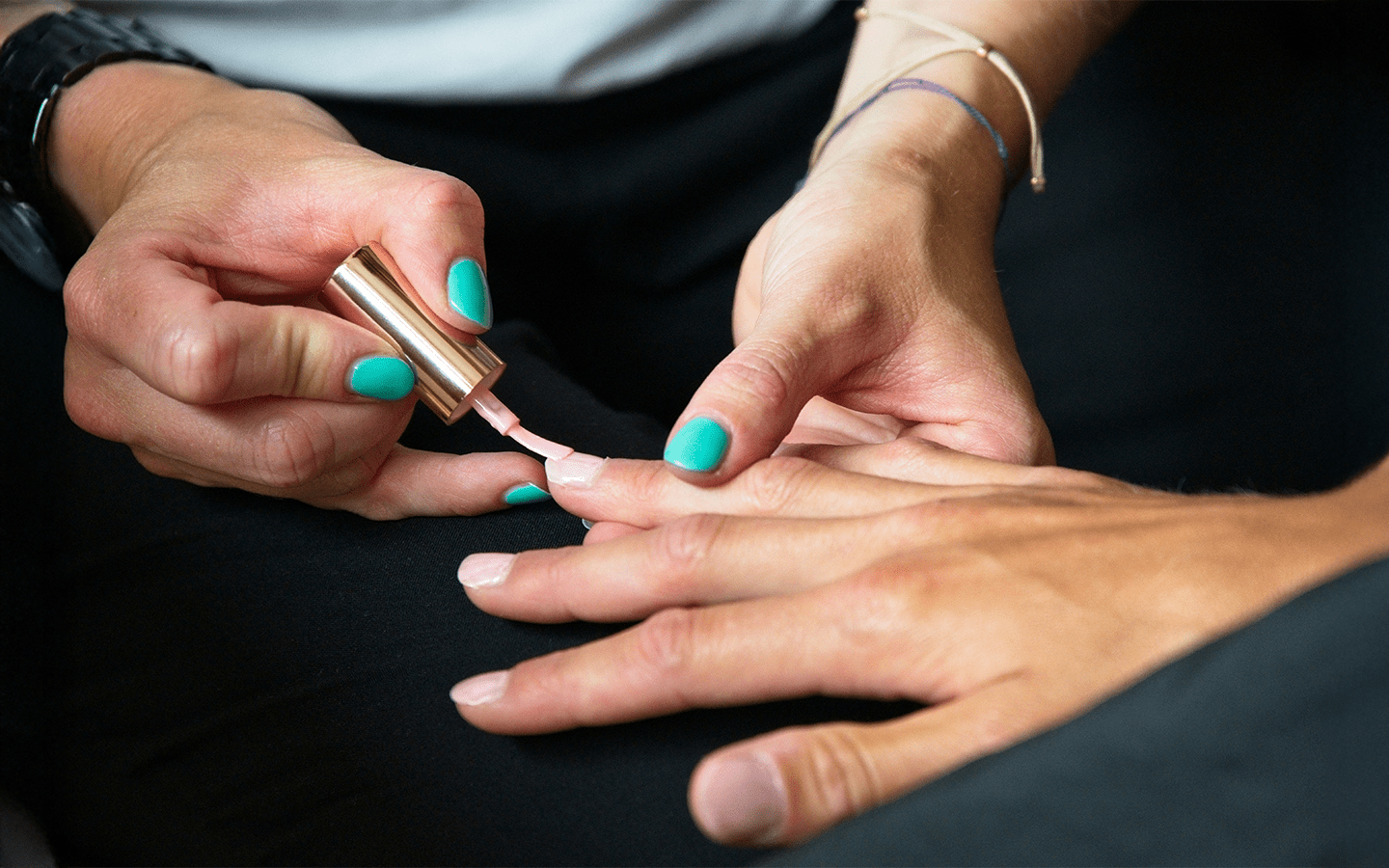
Eating to Support Your Microbiome During Perimenopause and Menopause
Perimenopause and menopause bring hormonal shifts that can affect many aspects of health – including your gut microbiome. The community of trillions of bacteria in your gut plays a vital role in digestion, immunity, inflammation, and even hormone metabolism. Supporting a healthy microbiome through diet may help ease the transition by promoting better digestion, weight management, and overall well-being.
As I often share with my patients, we usually think of ourselves as purely human. But on a cellular level, the genetic material from viruses, bacteria, fungi, and parasites in our body outnumbers our own human genes. It's incredible to realize how much of "us" is actually microbial life. Many of these microorganisms are beneficial — they perform essential tasks that help keep us feeling great. Maintaining the right balance, especially in the gut, is crucial.
This article provides evidence-based guidance, mixed with my own experience, on what to eat to nourish your gut bacteria during perimenopause and menopause.
Why Gut Health Matters in Perimenopause and Menopause
When estrogen and progesterone levels fluctuate and eventually decline, the gut microbiome changes too. Postmenopausal women tend to have lower microbial diversity and fewer beneficial bacteria compared to premenopausal women. A robust microbiome is desirable because it helps maintain gut integrity and modulates inflammation.
Moreover, the gut and hormones communicate in fascinating ways. Some gut microbes – collectively called the estrobolome – help metabolize and recycle estrogens. A healthy gut flora can influence circulating estrogen levels and potentially ease hormone-related symptoms. From my perspective, keeping your gut microbiome balanced through diet is one of the most proactive ways to support your body during this transition.
Fill Up on Fiber and Prebiotic Foods
One of the most important ways to nurture your microbiome is through fiber. I often encourage my patients to aim for 25–30 grams of fiber per day, because fiber is what your good bacteria thrive on. When gut bacteria ferment fiber, they produce short-chain fatty acids (SCFAs) that nourish your colon lining and reduce inflammation.
Good sources of prebiotic fibers include:
- Garlic, onions, leeks, asparagus, bananas
- Whole grains like oats, barley, and brown rice
- Legumes such as beans, lentils, and chickpeas
- Nuts and seeds, like almonds and flaxseeds
Simple ways to add more:
- Include vegetables at every meal
- Swap refined grains for whole grains
- Snack on fruit and nuts
- Add legumes and seeds to meals
Increasing fiber gradually (and drinking enough water) can help you avoid digestive discomfort. Trust me, slow and steady wins here!
Embrace Fermented Foods for Probiotics
I’ve seen firsthand how incorporating fermented foods can make a difference for gut health. Fermented foods are rich in probiotics that help diversify and balance your microbiome.
Regular consumption has been shown to:
- Increase microbial diversity
- Reduce inflammatory markers
My favorite probiotic-rich foods include:
- Yogurt (with live active cultures) and kefir
- Sauerkraut, kimchi, and fermented pickles
- Miso and tempeh
- Kombucha
If you're new to fermented foods, start small — a spoonful of sauerkraut or a few sips of kombucha is enough. Gradually increasing your intake gives your system time to adjust.
Eat a Colorful, Diverse Diet
One of the most joyful things I recommend is "eating the rainbow." Eating a variety of plant foods ensures different types of fibers and polyphenols feed a broad range of gut microbes. I personally aim for 30 to 50 different plant-based foods per week — and it's easier than it sounds when you count herbs, spices, nuts, and seeds!
Polyphenol-rich foods include:
- Berries, cherries, apples
- Green tea and coffee
- Olive oil, dark chocolate
- Herbs and spices like turmeric and rosemary
The gut loves variety. Each type of plant you eat is a little gift to a different group of bacteria.
Choose Anti-Inflammatory Foods and Healthy Fats
Menopause often brings an increase in inflammation, so choosing anti-inflammatory foods is key. I've seen so many women benefit from incorporating more:
- Omega-3 fatty acids from salmon, walnuts, flaxseeds
- Monounsaturated fats from olive oil, avocados, and nuts
- Anti-inflammatory spices like turmeric, garlic, and ginger
At the same time, limiting added sugars, refined carbs, and processed foods can help keep inflammation in check and protect your gut health.
Incorporate Phytoestrogen-Rich Foods
Plant-based estrogens, called phytoestrogens, can be a gentle and natural way to support hormone balance. I love recommending foods like:
- Soy foods: tofu, tempeh, edamame, soy milk, miso
- Flaxseeds
- Sesame seeds and legumes
These foods don't just help with hormones; they also provide fiber to nourish your microbiome. Adding a tablespoon of ground flaxseed to a smoothie or enjoying a miso soup can have surprisingly big benefits over time.
Other Lifestyle Tips for a Healthy Gut
Supporting your microbiome isn’t just about food. In my experience, a few other habits make a big difference:
- Stay hydrated: Helps fiber do its job
- Exercise regularly: Boosts gut microbial diversity
- Manage stress: Protects the gut-brain axis
- Avoid unnecessary antibiotics: Preserves good bacteria
- Limit alcohol and smoking: Reduces damage to your gut lining
Gut-Friendly Foods for Midlife Women
| Food Category | Examples | Benefits |
|---|---|---|
| High-Fiber & Prebiotic Foods | Oats, barley, legumes, vegetables, fruits, nuts | Nourish beneficial bacteria, support SCFA production, manage weight |
| Fermented & Probiotic Foods | Yogurt, kefir, kimchi, miso, kombucha | Increase microbial diversity, reduce inflammation |
| Diverse Plant Foods | Colorful fruits and vegetables, herbs, spices | Encourage gut resilience, provide polyphenols |
| Omega-3 & Anti-Inflammatory Foods | Fatty fish, olive oil, flaxseeds | Lower inflammation, support gut balance |
| Phytoestrogen-Rich Foods | Soy, flaxseeds, legumes | Support hormone balance, feed beneficial microbes |
Final Thoughts
The connection between our gut and brain, often called the gut-brain axis, has been heavily studied. What I find so compelling is that since we have to eat anyway, we have the opportunity to make daily choices that benefit not just ourselves, but the thriving community of microbes that support our health.
Perimenopause and menopause are natural phases of life. By prioritizing a gut-friendly, colorful, fiber- and fermented food-rich diet, you’re not just supporting digestion, but also metabolism, hormonal balance, emotional stability, and overall well-being. A healthy microbiome truly is a cornerstone of thriving in midlife and beyond.













